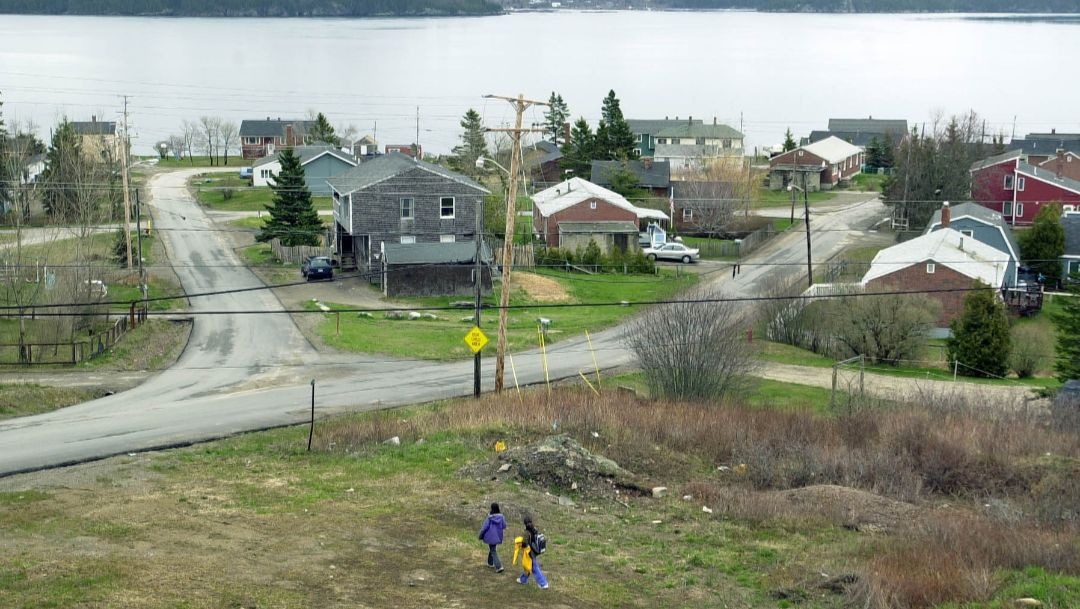(JTA) — Maine’s governor posthumously pardoned Donald Gellers, an attorney whose legal victories exposed the state’s abuses of the Passamaquoddy tribe and who state authorities framed as part of a conspiracy.
“For his tireless efforts to help others the whole of his life — both for his eight years in Maine and the 35 years since his conviction — I pardon Mr. Gellers,” Gov. Janet Mills, a Democrat, said at an emotional ceremony Jan. 7 at the Maine statehouse in Augusta, where she was surrounded by members of the tribe. “While this pardon cannot undo the many adverse consequences that this conviction had upon Mr. Gellers’ life, it can bestow formal forgiveness for his violation of law and remove the stigma of that conviction.”
The Portland Press Herald in 2014 exposed the conspiracy that targeted Gellers, who was Jewish, just before he died of cancer. Gellers, from New York, had moved to Maine and became the Passamaquoddy’s lawyer, exposing police abuses and massive looting of an 18th-century trust fund for the tribe. His efforts eventually led to land claim settlements in 1980.
Those were spearheaded, however, by a former intern — Gellers had left the state in 1971 after three years of fighting a marijuana possession charge that state authorities had trumped up because of his advocacy for the Passamaquoddy. Gellers moved to Israel, where he changed his name to Tuvia Ben-Shmuel-Yosef and was wounded while fighting in the 1973 Yom Kippur war. He was admitted to the Israeli bar, which he was upfront with about his Maine conviction. The Israeli bar described the conviction against him as a “catalog of horrors.”
Gellers returned to New York in 1980 and became a rabbi. After his death, his surviving family fought for his pardon.
“Up until his death in 2014, Mr. Gellers used his faith to continue to help people: people without means, people without ready access to help, people seeking the solace of faith from the burdens of their lives,” Mills said.
In October, at a hearing, Madonna Soctomah, a former tribal representative to the state legislature, spoke on Gellers’ behalf at a pardon hearing.
“A non-native man had it in his heart to help Native Americans, my people … people nobody would help,” the Press Herald quoted her as saying then, alternating between English and Passamaquoddy. “If it wasn’t for Gellers and his tenacity and knowledge and his faith in us, the [1980 land claims] settlement probably wouldn’t have ever happened.”
A few months before his death, the Press Herald asked Gellers if he would want a pardon, although he had never pursued one.
“Well, yes,” he said. “Yes, that would be nice.”
JTA has documented Jewish history in real-time for over a century. Keep our journalism strong by joining us in supporting independent, award-winning reporting.






